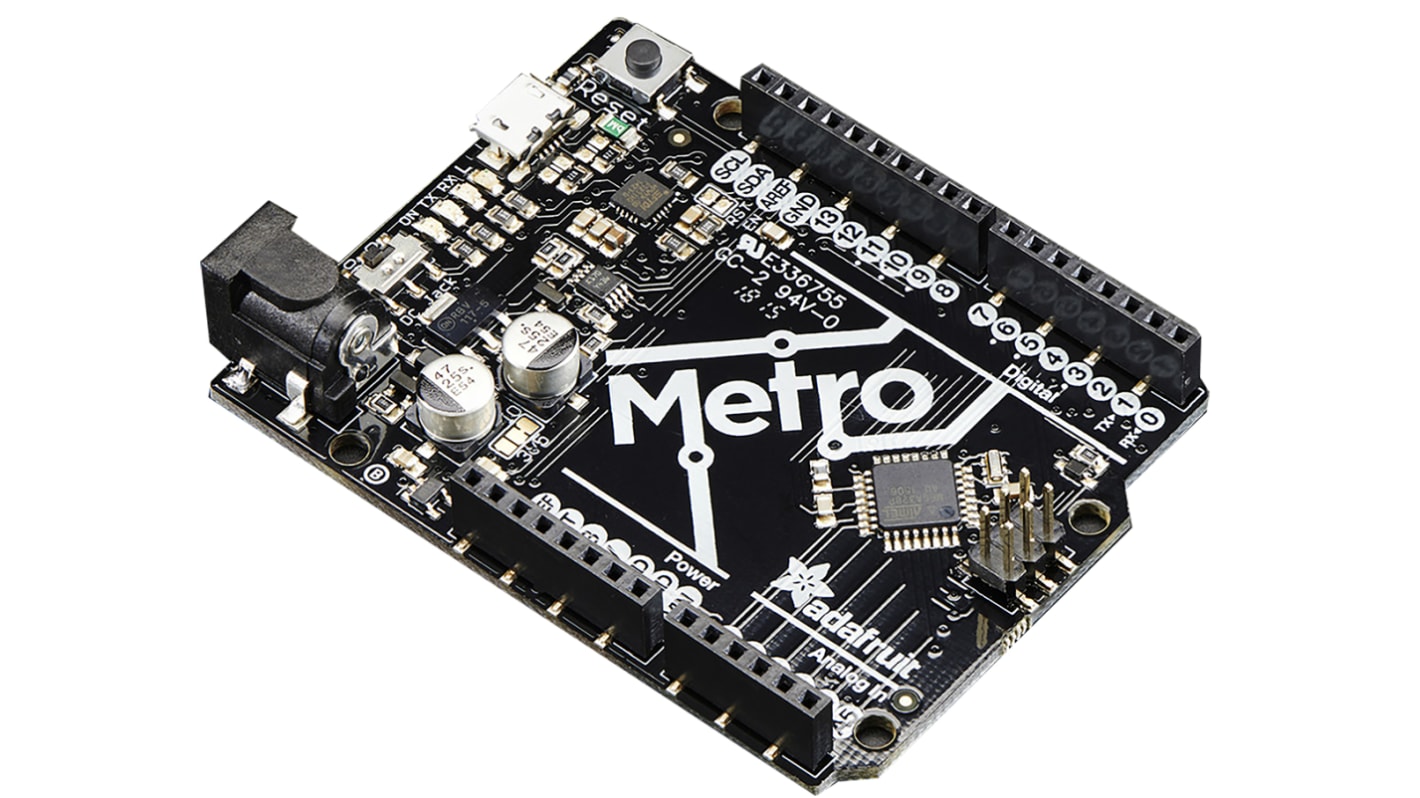ADAFRUIT METRO 328 MCU Development Board 2488
- RS Stock No.:
- 124-5519
- Mfr. Part No.:
- 2488
- Brand:
- ADAFRUIT INDUSTRIES
Bulk discount available
Price Each**
$29.46
(exc. GST)
$33.88
(inc. GST)
7 In stock for delivery within 7 working day(s)*
* Delivery dates may change based on your chosen quantity and delivery address.
FREE delivery for orders over $80 ex GST
Units | Per unit |
|---|---|
| 1 - 4 | $29.46 |
| 5 - 9 | $29.07 |
| 10 + | $28.63 |
**price indicative

